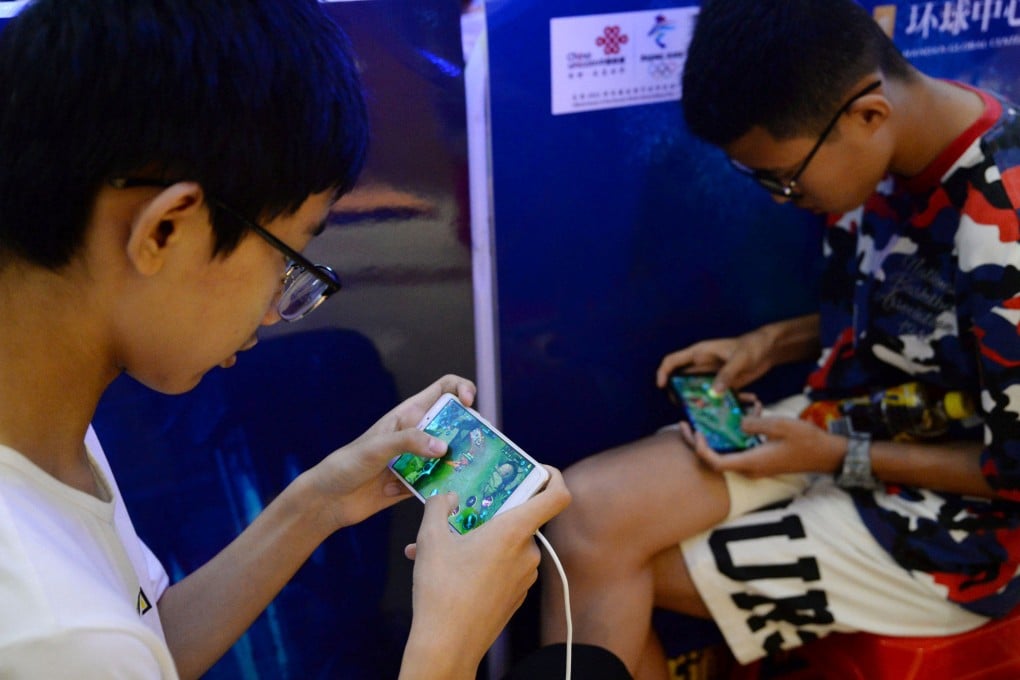China video gaming crackdown: no new titles approved in May, signalling continued Beijing hostility
- The National Press and Publication Administration did not issue a new list of games approved for sale in mainland China in May
- A list of 45 new titles approved in April ended an eight-month licensing freeze amid an industry crackdown that pushed studios to look overseas

China’s video gaming regulator did not announce any new titles approved for sale in the mainland for May, dashing hopes that the 45-game list issued in April signalled more regulatory leniency after an eight-month licensing freeze.
The National Press and Publication Administration, the authority responsible for licensing video games, has typically issued a list of newly approved titles every month, with the exception of two months-long licensing freezes since 2018. The list’s absence in May is more conspicuous since the industry cheered the end of the most recent licensing freeze the previous month.
Now the industry fears Beijing has no intention of returning to how it handled video games before kicking off its latest crackdown last summer. Even the list in April consisted mostly of titles from small companies, and it did not come close to the size of a typical list before the freeze, which might have contained 100 titles.
Longtu Game, a Beijing-based mobile game developer with more than 600 staff members, told the South China Morning Post that it plans to launch more games for global audiences after previously focusing mostly on the mainland market.
In its most recent earnings call, NetEase founder and CEO William Ding Lei said he hoped that the overseas market would eventually account for 40 to 50 per cent of the company’s revenue. The current proportion is just over 10 per cent, he said.